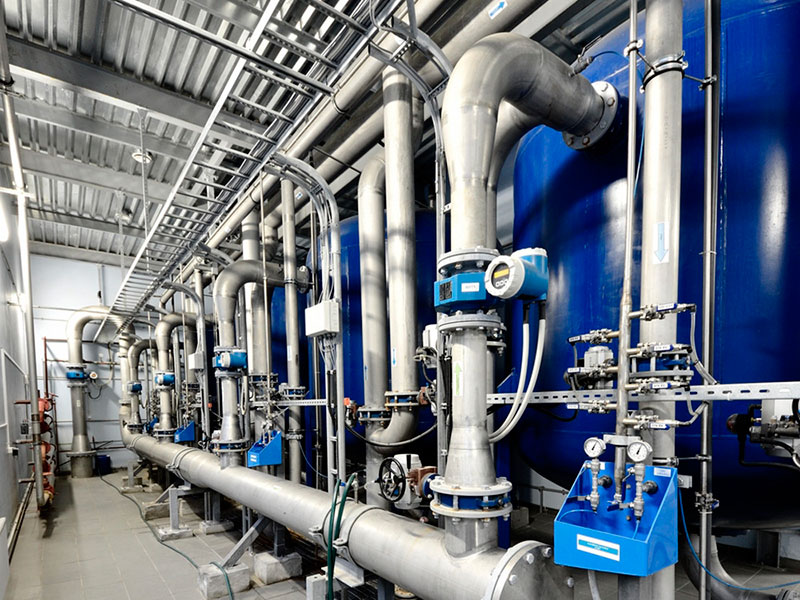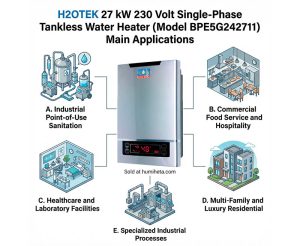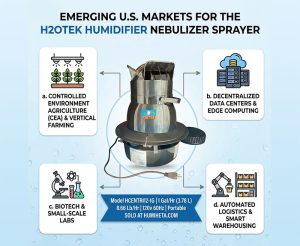Whether it is an industrial boiler or equipment for commercial and domestic services, the treatments are necessary for the optimal functioning of the entire heating system, including pipes and components. Mineral reagents are a constant threat in these devices, especially those for rough use in tourist, commercial, and industrialized areas. Examples of incrustations would be those of silica, magnesium, and calcium, among others.
To prolong the useful life of the water heating systems, and perceive real energy savings, these preventive protocols will always be necessary, at all levels. If a maintenance detail to prevent breakdowns due to incrustations is overlooked, then the repairs could be more expensive, and at a manufacturing and production level, the problem of stoppages in heating networks is well known. For this reason, an expert or yourself with your heater at home must perceive these details, to anticipate promptly any more relevant situations.
The big problem of incrustations in water heating systems is incrustations because they are capable of affecting each component of a system, including the infamous corrosion in metals.
Anti-corrosion inhibitor treatments in the water heater
Chemical treatments are essential to inhibit scale and its subsequent corrosion. Specifically, anticorrosives are made from catalyzed sodium sulfite, in a certain percentage. This is essential for the control of oxygen in the water of the heating system. They have a very high performance, so much so that they provide the necessary safety in water heating devices for the food industry, especially in food processors. In this sense, it is highly relevant to check the ideal chemical treatment and its effectiveness for the breakdown of carbohydrates.
For a correct application process in the anticorrosive treatment of the metal in the boiler, the technician in charge must use deaerators and dispensers, according to the application times, so that the treatment works as well as possible, without any kind of interruptions between each chemical process.
Anti-scaling inhibitor treatments and multifunctional procedures for the water heater
These processes are made to deal with specific elements and components, especially those that generate sludge and other dirt, which are usually harmful to any heating system. Normally, silica, magnesium, and calcium are the factors to consider, because these will form very harmful scales for any equipment and pipes.
Likewise, there are multifunctional treatments that operate through special chemical products. There are many benefits, capable of facing several fronts in a boiler system. Some have the duality of facing incrustations and corrosion. On the other hand, the properties of chemical treatments can be very varied and will depend greatly on the manufacturer in question. And it is that, in some cases, chemical products for the boiler will also be needed, which are in charge of dispersing the salts and silicas, which cause damage to the metals of the heating equipment.
The technician specialized in commercial or industrial water heaters will have to check all the treatment options very well, depending on the problem, and whose special formulas know how to control alkaline water, providing adequate pH levels, according to the process in each section. of the system. For example, if steam equipment usually produces sodium sulfites, then each layer of the metal surface will need to be very well protected.
Within the safety and protection standards of each section, plus the regulations given by each company, the goal for ensuring the quality of the feed water will be clear, where the pressure mechanisms will be involved, with their pertinent limits of functionality.
Depending on the water heater system and your tests, the problem will be taken care of. That is to say, when analyzing the hardness of the water, the chemical products will have to be able to determine the content of natural, residual, or industrial water. But apart, there are special kits to analyze the pH. And then there are the chlorides specialized in establishing the indicators, through the potassium chromates. Sulfites, being common reagents, must be measured through titration and volume measurement.
All the reagents are thoroughly analyzed, and the specialized technician will have the power to add calculations of matter in a boiler, as well as the calculation of purges, concentrations, and dosages, among other parameters.




